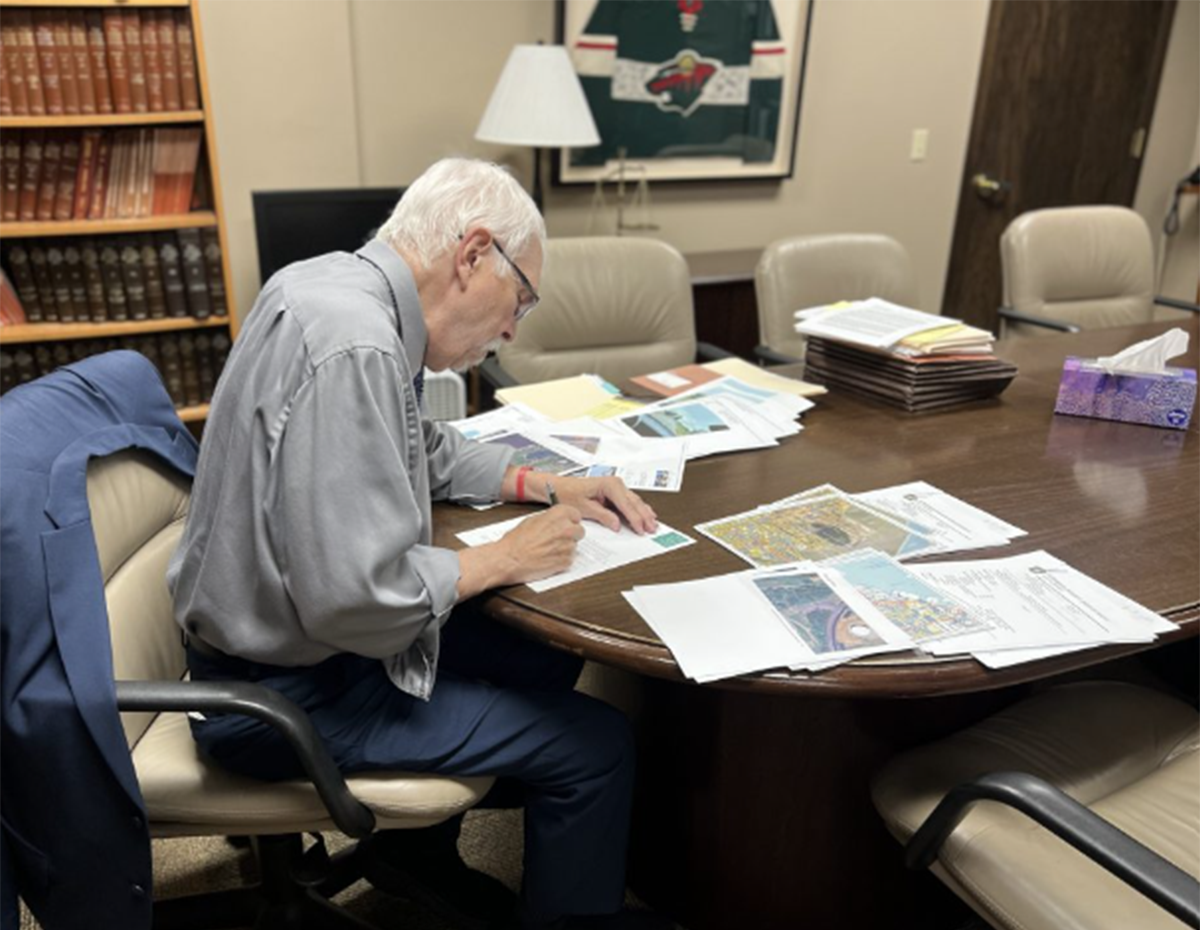Computer lab availability, student safety and equipment security were the hot topics at the Chancellors Roundtable Thursday.
Students, Donald Mash and other faculty members debated the issues.
Unaccommodating hours, security, personal safety and funding are concerns of the lab, even though it affects students with certain majors more than others, such as computer science.
Senior Andy Brehm is the director of the Information Technology Commission, which works mostly with concerns involving general access computer labs on campus.
After hearing about the issue with the computer science labs, he said concerned students should talk to the department. He plans to bring the topic to his administrators next week.
General access computer labs that are open 24 hours have limited use, which presents a problem with personal safety and security. One of these labs, which is not staffed, is Schneider 210.
During the regular portion of the semester, there are rarely more than five people using the lab, Brehm said. In addition to personal safety of students in the lab, security has been a problem in the past.
“When the labs aren’t busy at night is when it gets a little scary.” said Carol Accola, Computing and Networking Services supervisor. There were some computer thefts in the past, but not since last spring, she said.
There were also problems with un-authorized use of the labs – from gaming to people who are not students or faculty of this university using the lab, Brehm said.
Two solutions have been addressed to improve the issue. The ITC has considered moving the 24-hour lab in Schneider 210 to Old Library 1108. This location is more neutral, and the library is already open 24 hours. The transition would be easier to make, Accola said.
This change would be beneficial, as safety would increase because more students use this lab. It would also reduce theft and unauthorized use, Brehm said. Some renovation of the Old Library lab would have to be done to accommodate the effects of the relocation. Staffing the lab would have to be looked into, he said.
One thing that would have to specifically be added is additional fire exit doors, Accola said. The use of one entrance/exit would also have to be maintained, she said. The current limited access to Davies Center and the library would have to be enforced as well, Brehm said.
So far at ITC meetings concerned students seem to want the lab kept in Schneider, Accola said. If the lab did move, the building would follow the normal hours of the other buildings on campus, she said.
If the lab, as well as others in the building, stay with the 24-hour rule, it has been discussed to install Blugold card scanners outside the labs, similar to those at Chancellor’s hall where residents need their Blugold card to enter after a certain time, Brehm said. Cost would also be an issue.
Accola said exceptions could be made with open hours at times when all labs can be busy, such as the two weeks before finals.
Though student feedback to the proposal has been negative so far, it is just at its beginning stages and a decision isn’t going to be made anytime soon.
This is not something that can be determined in just two or three meetings Brehm said.
Right now, they wish to get more student input and anyone is welcome to come to ITC meetings, which are very informal, Accola said.
Mash, students and faculty also discussed the pressing topic of differential tuition.
Mash said he chose to address and emphasize the issue again at his roundtable discussion to bring the topic to more people and a wider audience.
The month of April will kick off a gift campaign across the country, which will include showing a video. The campaign coincides with differential tuition.
The two would come together by allowing alumni and friends of UW-Eau Claire to see the uniqueness of how differential tuition was proposed and has been assessed since 1996 when it was first implemented, Mash said. The goal is to receive more donations from alumni and friends of the university to fund programs.






